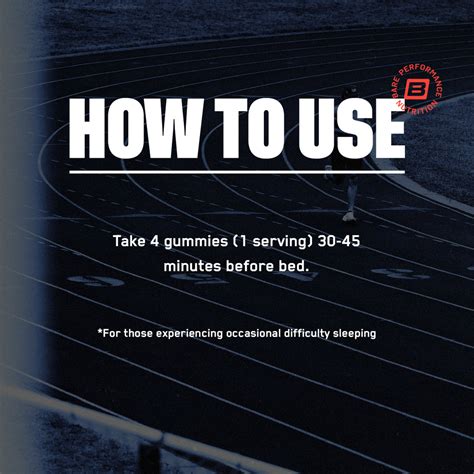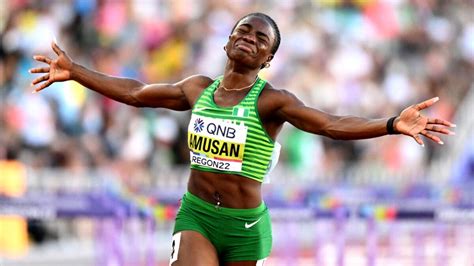How to optimize sleep & nutrition for peak workout recovery & performance gains?

The Unsung Heroes of Athletic Success
For anyone serious about fitness, whether you’re a professional athlete or a dedicated gym-goer, the pursuit of peak performance often focuses on training intensity, advanced exercises, and sophisticated programming. However, true gains and sustainable progress aren’t solely forged in the gym. The crucial foundational pillars of recovery—quality sleep and strategic nutrition—are often overlooked, yet they hold the key to unlocking your full athletic potential, preventing injury, and ensuring consistent performance improvements.
This article will delve into how optimizing these two vital elements can transform your workout recovery, significantly enhance your performance, and help you achieve the fitness results you’ve been striving for.
The Indispensable Role of Quality Sleep
Sleep is far more than just rest; it’s a dynamic, active process where your body undertakes critical repair, restoration, and growth. During deep sleep cycles, your body releases growth hormone, essential for muscle repair and regeneration. It also helps regulate cortisol (the stress hormone), which in excess can break down muscle tissue. Furthermore, adequate sleep improves cognitive function, reaction time, and decision-making abilities, all vital components of athletic performance.
Chronic sleep deprivation, conversely, can lead to decreased endurance, impaired strength, reduced glycogen synthesis, and a weakened immune system, making you more susceptible to illness and injury. Aim for 7-9 hours of high-quality sleep per night, though individual needs may vary, especially for athletes undergoing intense training.

Strategies for Better Sleep:
- Consistency is Key: Go to bed and wake up at roughly the same time each day, even on weekends.
- Create a Sanctuary: Ensure your bedroom is dark, quiet, and cool.
- Limit Screen Time: Avoid blue light from electronic devices at least an hour before bed.
- Mind Your Intake: Limit caffeine and heavy meals late in the evening.
- Wind-Down Routine: Practice relaxing activities like reading, meditation, or a warm bath before sleep.
Fueling the Machine: Strategic Nutrition for Recovery
Just as sleep repairs, nutrition provides the building blocks. What you eat, and when you eat it, profoundly impacts your body’s ability to recover from strenuous exercise and prepare for the next challenge. A well-planned nutritional strategy ensures adequate energy, supports muscle repair, and reduces inflammation.

Key Nutritional Components:
- Protein: The cornerstone of muscle repair and growth. Aim for 1.6-2.2 grams of protein per kilogram of body weight daily, spread throughout your meals. Focus on lean sources like chicken, fish, lean beef, eggs, dairy, and plant-based options such as legumes and tofu.
- Carbohydrates: Your primary energy source. Carbs replenish muscle glycogen stores depleted during exercise. Choose complex carbohydrates like whole grains, fruits, vegetables, and sweet potatoes. Timing is important, especially post-workout to kickstart recovery.
- Healthy Fats: Essential for hormone production, nutrient absorption, and reducing inflammation. Incorporate sources like avocados, nuts, seeds, olive oil, and fatty fish.
- Micronutrients: Vitamins and minerals play critical roles in energy production, immune function, and overall health. A varied diet rich in fruits and vegetables generally covers your needs. Magnesium, zinc, and B vitamins are particularly important for athletes.
- Hydration: Often overlooked, adequate water intake is vital for nutrient transport, temperature regulation, and joint lubrication. Dehydration can severely impair performance and recovery.

Nutrient Timing:
While total daily intake is paramount, strategic timing can optimize recovery. Consuming a combination of protein and carbohydrates within 30-60 minutes post-workout can kickstart muscle repair and glycogen replenishment. A casein protein source before bed can also provide a slow, steady release of amino acids for overnight muscle recovery.
The Synergy: When Sleep and Nutrition Unite
Neither sleep nor nutrition works in isolation; they are deeply interconnected and synergistic. Optimal nutrition can improve sleep quality (e.g., magnesium for relaxation, tryptophan-rich foods), and sufficient sleep can enhance your body’s ability to utilize nutrients effectively. For example, growth hormone release during sleep is more effective when your body has the necessary amino acids from protein intake. Conversely, poor sleep can disrupt appetite-regulating hormones (ghrelin and leptin), leading to increased cravings for unhealthy foods.
Embracing both optimized sleep and nutrition creates a powerful virtuous cycle, each enhancing the benefits of the other, leading to accelerated recovery, superior performance, and a healthier, more resilient body.

Practical Steps for Peak Performance
Integrating these principles into your routine doesn’t require an overhaul overnight. Start with small, consistent changes:
- Track Your Sleep: Use an app or journal to understand your sleep patterns and identify areas for improvement.
- Plan Your Meals: Prepare nutrient-dense meals and snacks in advance to avoid last-minute, suboptimal choices.
- Hydrate Consciously: Carry a water bottle and sip throughout the day.
- Listen to Your Body: Pay attention to how different foods and sleep durations affect your energy levels and recovery.
- Be Patient: Sustainable changes take time. Consistency is more important than perfection.

Conclusion
Optimizing sleep and nutrition isn’t just about feeling better; it’s about systematically enhancing your body’s capacity to recover, adapt, and perform. By giving these often-neglected aspects the attention they deserve, you’re not just supporting your fitness journey; you’re building a stronger, healthier, and more capable you. Prioritize your rest and fuel your body wisely, and watch your workout recovery and performance gains reach new heights.









